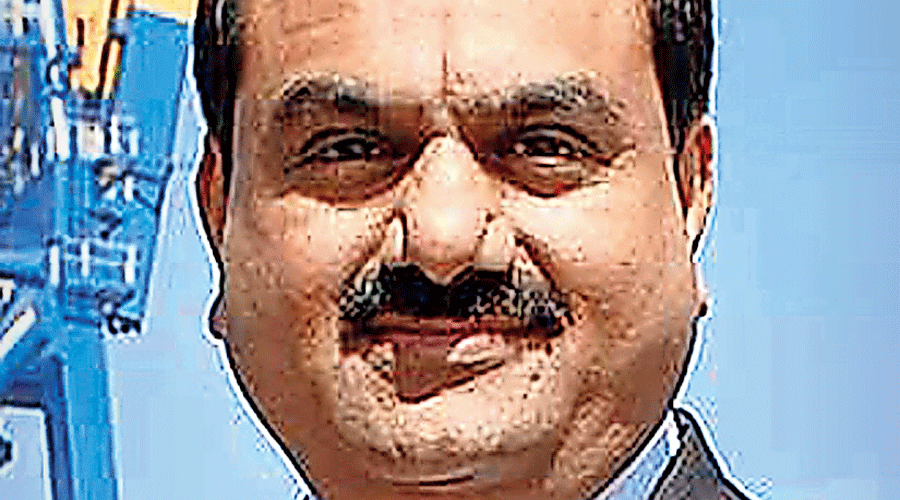Gautam Adani on Wednesday said his conglomerate will build three giga factories to make solar modules, wind turbines and hydrogen electrolysers as part of a $70 billion investment in clean energy by 2030.
“The Adani Group has already committed $70 billion (for climate change and green energy). This will see us building three giga factories in India leading to one of the world’s most integrated green-energy value chains,” he said after receiving the USIBC Global Leadership Award here.
The giga factories will “extend from polysilicon to solar modules, complete manufacturing of wind turbines, and the manufacturing of hydrogen electrolysers”, he said.
This, he said, will generate an additional 45GW of renewable energy to add to Adani group’s existing 20GW capacity, as well as 3 million tonnes of hydrogen by 2030. The Adani group is stepping up investments across the green energy value chain as it aims to become the world’s top renewable energy producer by 2030.
The announcement comes weeks after rival billionaire Mukesh Ambani announced a fifth giga factory as part of an investment in low carbon energy. The new giga factory for power electronics will be in addition to four giga factories announced last year to make integrated solar PV modules that will produce electricity from sunlight, electrolysers that produce hydrogen from water, fuel cells and batteries to store energy from the grid as well as 20GW solar energy capacity by 2025 for captive needs.
Emphasising that the ongoing (Russia-Ukraine) war has only brought home the fact that semiconductors are essential to almost all sectors, Adani said the semiconductor industry is a classic example with more engineers deployed in India than anywhere else in the world, and yet, India has no semiconductor plant.
“India cannot remain dependent on global supply chains that are based on semiconductor nationalism and will need US support with technology transfer,” he said. Adding that the term deglobalisation gained prominence because of the divisions that came about as a result of the pandemic, Adani said we must never allow this to happen again, given the mistrust it creates.
“Vaccine collaboration between our nations must be high on our priority list and needs to be formalised in a mutually beneficial way,” he said. Defence and cyber are two critical areas that the US and India must work on as trust comes from collaboration in these areas..











